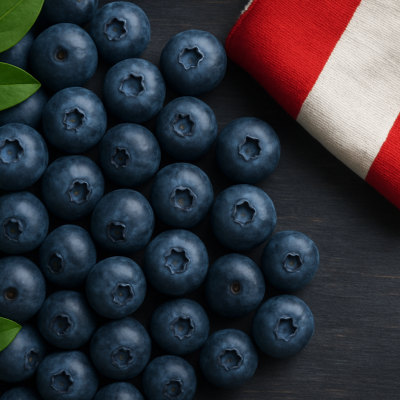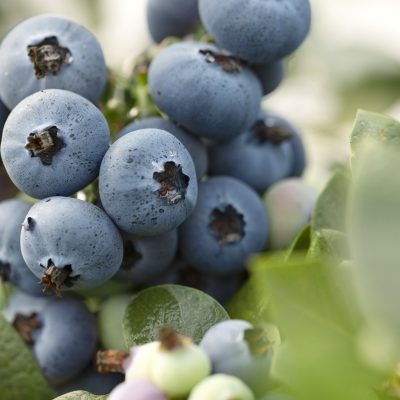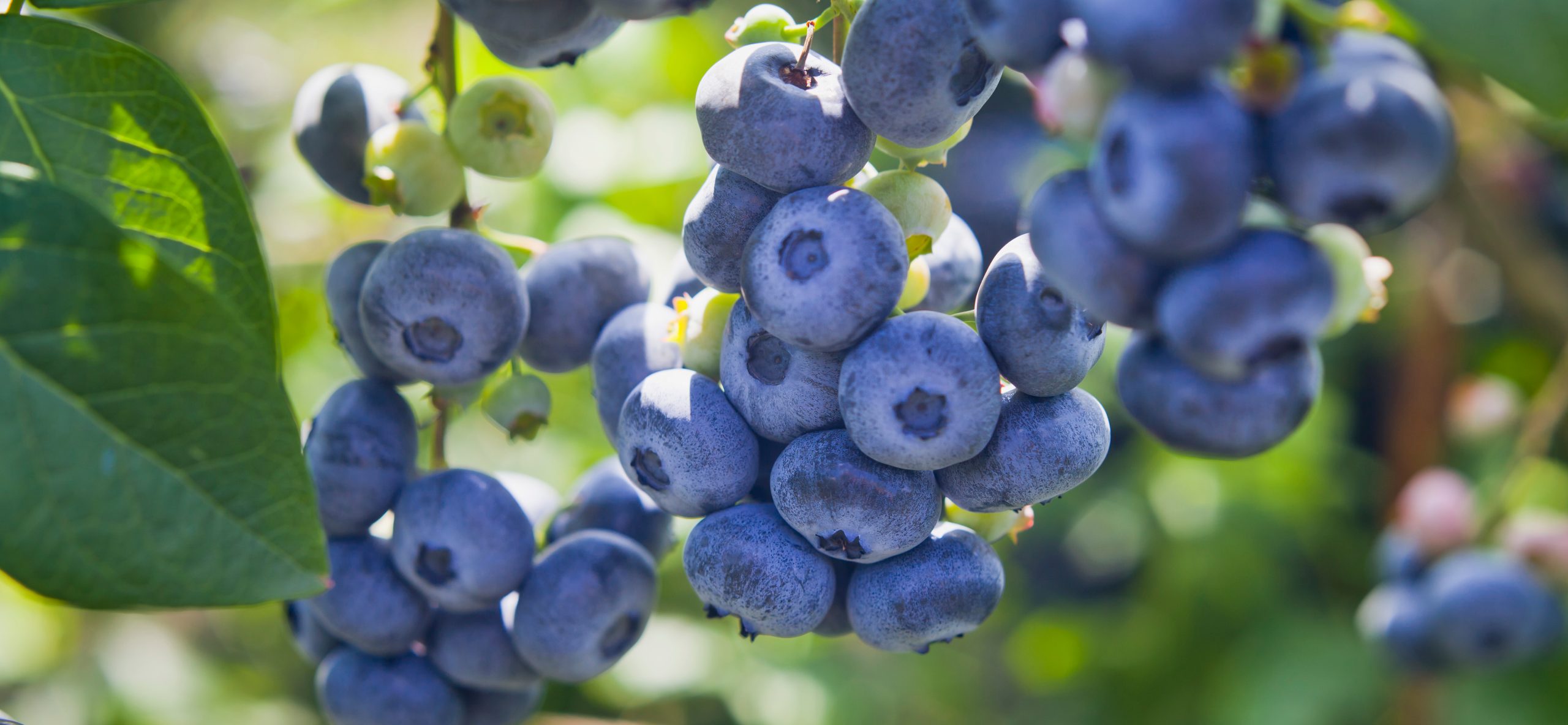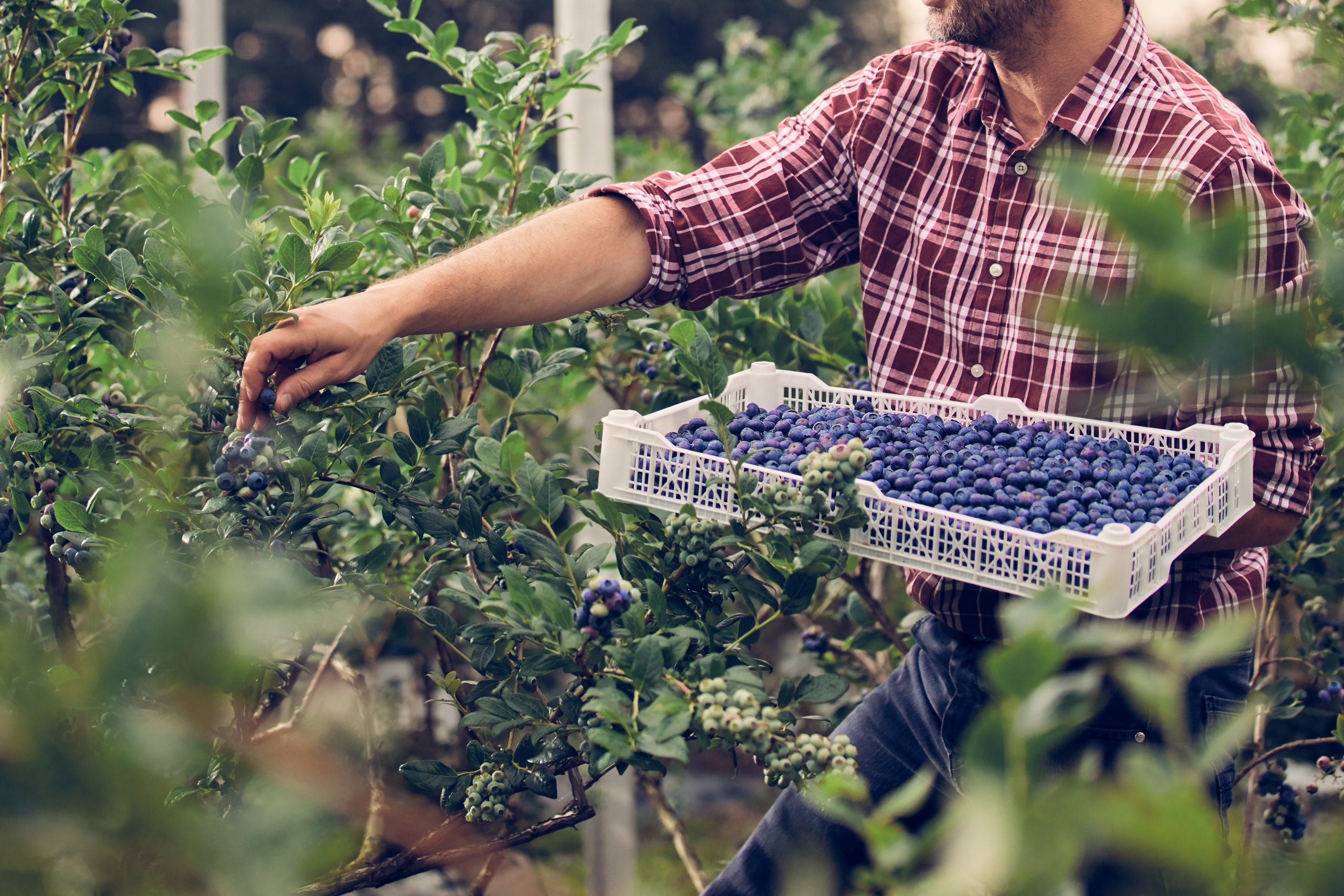Mississippi blueberries going global
Members of the Miss-Lou Blueberry Co-op, which includes farms from Poplarville, Purvis and Lumberton, have for the first time exported their produce to India and the United Arab Emirates. All told, members shipped 9,000 pounds of what those in the industry call “blues.”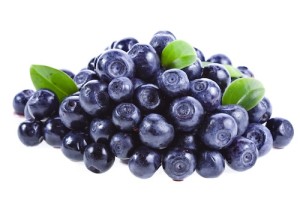
Luis Monterde oversaw the selection and packing of the blues from his farm in Lumberton. From there, they were taken to Gateway America, a food import-export operation in Gulfport, before transport to Houston, Texas, where the blues were loaded onto planes and flown overseas.
The idea took root in January, when Dinesh Shinde, who owns Anusaya Fresh Worldwide in Mumbai, India, visited Miss-Lou co-op farms and decided he wanted blueberries for the first USA Blueberry Blast Celebration in India and Dubai. Anusaya Fresh will distribute the product throughout the two countries. The U.S. Highbush Blueberry Council, which is a member of the USDA’s Foreign Agricultural Service, coordinated the exports.
Blueberry Council market development consultant Thomas Payne said the USDA program also helps Council members overcome trade barriers and navigate the required processes for U.S. blueberries to gain access to certain markets around the world. This is important as the Council’s long-term goal is to export 15 percent of its blueberries, Payne said. India is a target market.
“To achieve this we need to succeed in countries such as Brazil, Russia, India and China. These markets are massive and complex and we’ll need FAS’ continued presence and guidance,” said Payne.
Council market research showed that the Middle East is interested in blueberries to treat diabetes; in Asia, there is a link between blueberries and improved health and beauty.
Miss-Lou Co-op president Tim Goggan, who farms in Purvis, said member growers will harvest about 2 million pounds of blueberries this year, with about 25 percent of them set for export. That’s the only way farmers will survive in the global economy, he said.
Last year, he hosted buyers from Korea, India and Central America.
“If our blues can survive hurricanes, drought and our humidity and still be sweet and tasty, along with being healthy, why not tell the world about them?'” he said.
Frequent rain in the South Mississippi growing region have complicated harvests, though Mississippi State University’s Extension Service reported that, as of May 31, 90 percent of the crop was in good to excellent condition.
“Growers have been harvesting in South Mississippi for a few weeks,” said Eric Stafne, an associate fruit crops professor at the Mississippi Agricultural and Forestry Experiment Station in Poplarville.
“Southern high-bush varieties, which typically produce first, are about finished, and rabbiteye varieties are just starting,” he said.
06/16/2015
www.newsobserver.com



